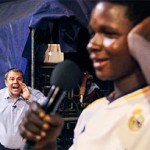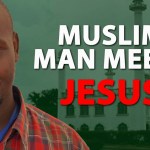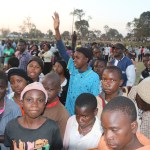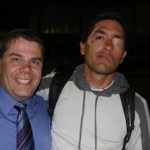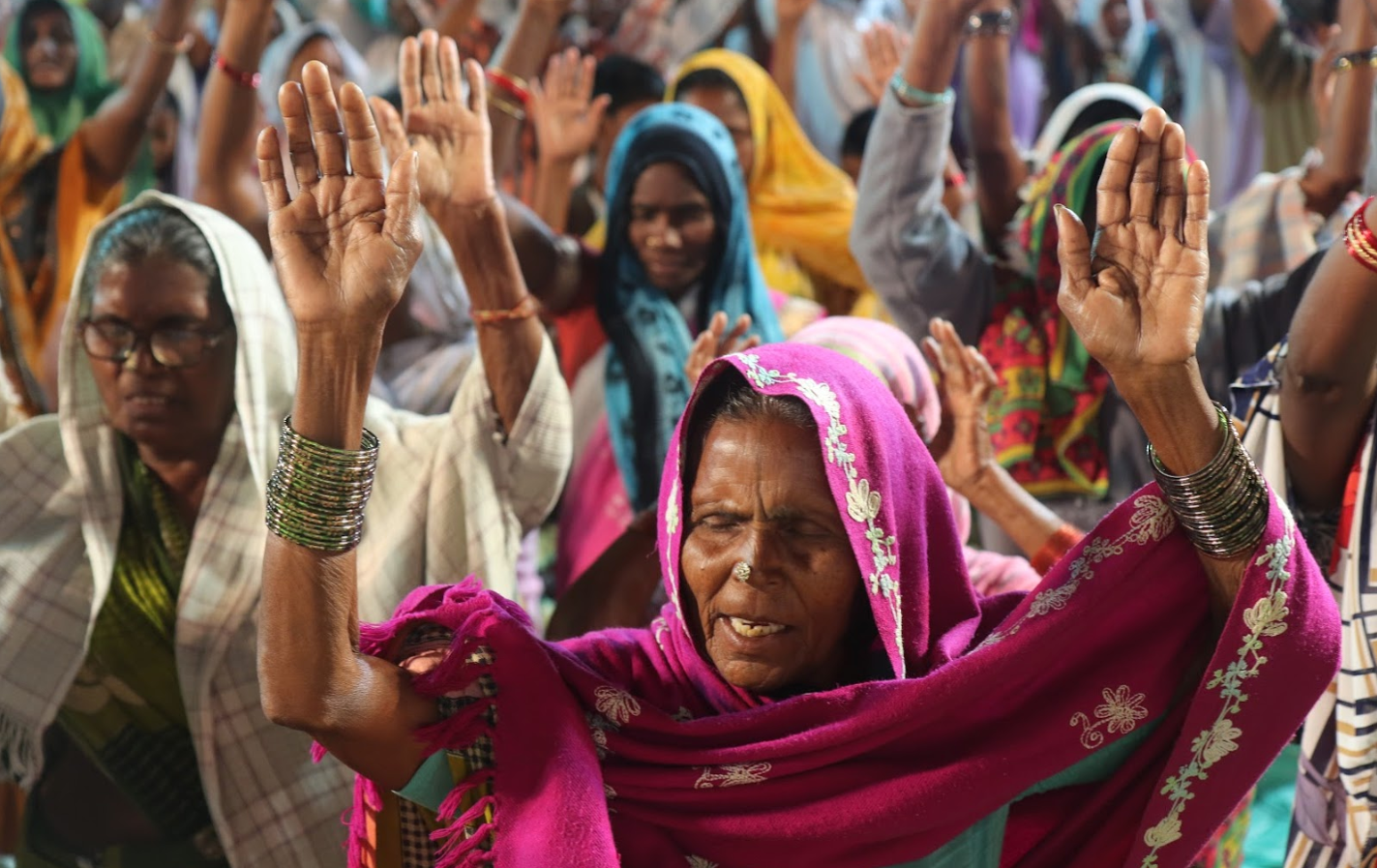
 1 877-431-4276
1 877-431-4276Burma — Myanmar
How a Door Opened to Burma
My six-year-old son Caleb just graduated from kindergarten at Victory Christian School. One of his classmates is a boy named Go. At a parent-teacher conference, I sat down next to Go’s father and discovered his name is Do. After chatting for a while, Do found out that I am an evangelist. He invited me to share at the Zomi Baptist Church here in Tulsa. The Zomi people come from the nation of Myanmar (previously known as Burma). I thought there might be a few dozen people in attendance but when we arrived there were over four hundred. Do asked me to speak on the subject of healing. Right before I began, he leaned over and said, “Many of the church elders do not believe that God heals today but I still want you to preach on healing.” In that service, three people testified that they were miraculously healed by Jesus. When we went out for a meal after the service, another seven people texted Do to report they were also healed but had been hesitant to share their testimonies publicly.
Do invited me to visit Myanmar. His father, also named Go, is a pastor in the city of Kalaymo. He said, “We need to do a pastor’s conference to train our leaders and a Gospel Festival to tell people about the healing power of Jesus.
What Can Take Away My Sin?
On my first day in Yangon, the largest city in Myanmar, I had the opportunity to visit some of the local Buddhist pagodas. They look like big golden Hershey kisses surrounded by statues of Buddha sitting in a lotus position. Many barefoot Buddhist monks in orange robes walk around asking for alms by holding out a metal pot. In front of one pagoda, I saw a woman with a birdcage. Several hundred birds were flapping inside. A husband and wife came and bought a bird then set it free. There is a Buddhist belief that doing a good deed will wipe out a previous bad deed. The problem is that no matter how many good deeds one does, one can never wash away the stain of sin. Only Christ can do that.
Training Frontline Shepherds
When Do and I arrived in Kalaymo we were greeted by a large crowd outside the airport. Many of them were there to welcome Do who had been away from home for nine years. They put a scarf with traditional Zomi colors around my neck. This is a sign of great respect. Two hundred and fifty pastors gathered together for our leadership conference. We fed them three meals each day. They ate two cows, over sixty chickens, and twelve hundred pounds of rice. Our team spent six hours each day teaching on evangelism, leadership, and basic Bible principles.
Thousands Hear About Jesus
Each night at the Gospel Festival, thousands of people came together to hear about Jesus. In the crowd were many Buddhists, some skeptical about the message. But when the miracles started, they were amazed. Each night we witnessed tremendous miracles and when the altar call was given virtually the entire crowd prayed with us to make Jesus Lord of their lives. We also prayed for people to be set free from drug and alcohol addiction.
Opposition to the Gospel
On the final night of the festival, a group of gang members gathered outside the front gate of the Festival and attacked Go’s brother. Twenty of them viciously beat him with rocks. We do not know if the gang members were Buddhists that were angry we were preaching about Jesus or drug dealers furious we were preaching against drugs. We rescued the man and took him to the hospital. He had blood streaming from several cuts on his face and head and his back was bruised badly. He was forced to stay in the hospital for several days. A few days after I returned to the United States, the same gang burnt down the man’s house. At this Gospel Festival, we saw God do great miracles and saw many salvations, but we also were attacked by the devil. I am thankful for your prayers during this outreach. We really need people like you praying when we visit the frontline of Gospel evangelism. Thank you!
Report from Chin State, Myanmar
Myanmar (Burma) is located in southeast Asia between Bangladesh and Thailand. It has a tropical climate. In landmass, Myanmar is slightly smaller than the state of Texas. Myanmar is one of the poorest nations in Asia. About 26% of the nation lives in complete poverty, especially in rural areas.
For over fifty years, a military junta ruled the nation of Myanmar. In 2016, a civilian government was democratically elected in Myanmar. For the first time, it became possible for Christians to hold open-air meetings in Burma.
Myanmar has 54 million people divided up among 149 distinctive people groups. Each of these people groups have their own culture, traditional dress, and language. The official language of Myanmar is Burmese, but many people speak a second mother tongue.
Of these people groups, 53 of them are completely unreached which means there is no church within their people group. The nation of Myanmar is 78.1% Buddhist and about 8.1% Christian. The remaining population has an ethnic religion (6.9%) or is Islamic (4.8%). In total, there are 49 million unreached people living in Myanmar. These are people who have never had the opportunity to respond to the Gospel.





